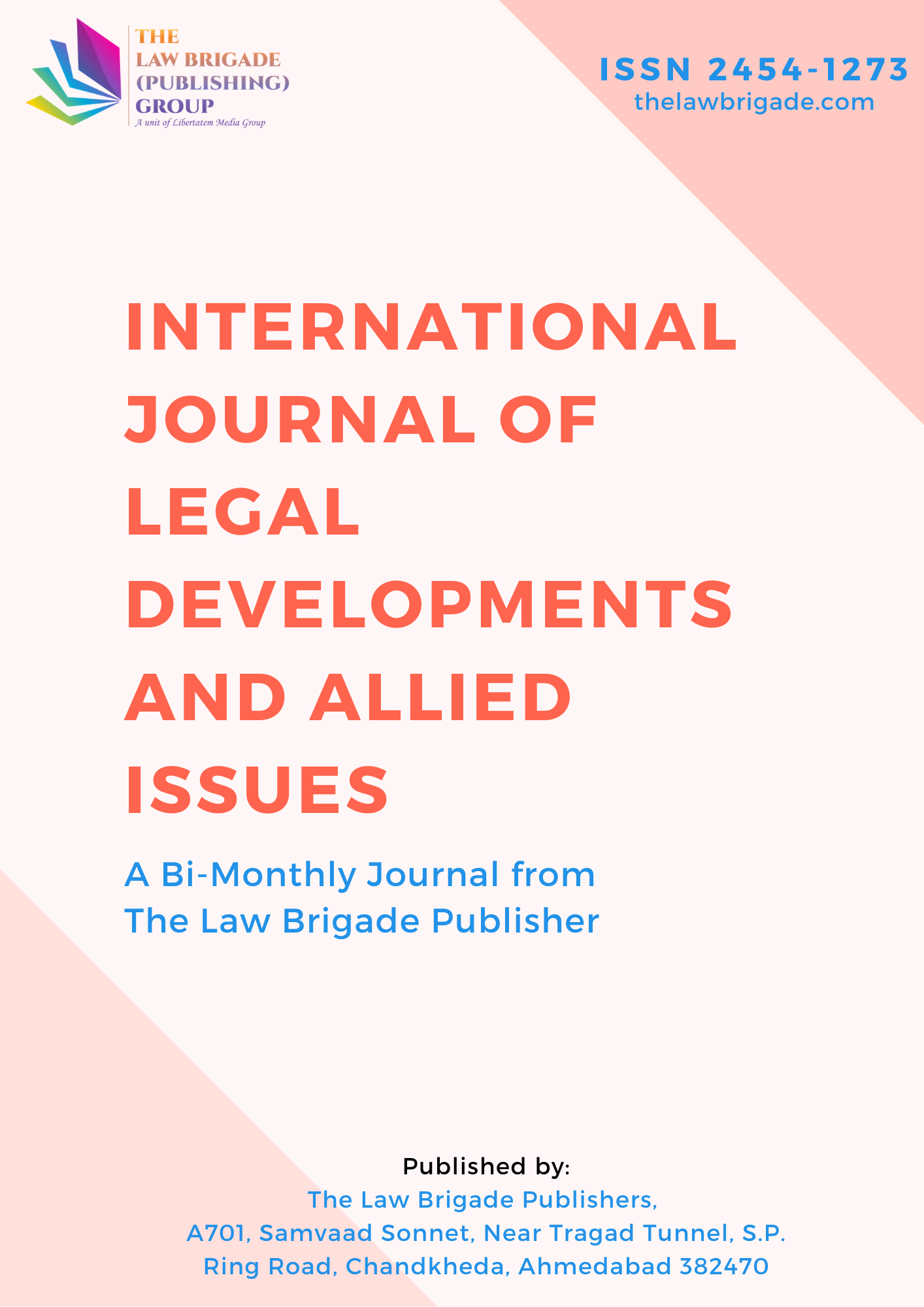Modern day society has embraced alternative dispute settlement system with both hands. Standing out amongst all is the process of arbitration. You can ask why this different approach? Is it not an encumbrance to the legal system? The rationale working behind this popularity is the flexibility of the process of arbitration. This could only be secured due to the working principle of party autonomy. The principle of party autonomy, in a general sense, started to develop in the eighteenth century[i] and has been widely accepted throughout the world. It has been recognised by international conventions, arbitration rules, regulations[ii] and above all the OHADA Law[iii]. Party autonomy is one of the most attractive features of international arbitration. However, parties do not have absolute freedom to determine the arbitration process. This article examines the principle in context, its role and the extent on the one hand, and its derogations on the other hand.
[i] Robinson v. Bland (1760) I Wm. BI 234. z Burr 1077; Ar.Gör.Seyda Dursun, A critical Examination of the role of party autonomy in international commercial arbitration and assessment of its role and extent, https://www.researchgate.net/publication/265025271, consulted on 14/04/2021.
[ii] eg, the UNCITRAL Model Law, New York Convention, the Arbitration Rules of the International Chamber of Commerce (ICC), the English Arbitration Act 1996 etc.
[iii] The Organization for the Harmonization of Business Law in Africa (‘OHADA’) is an intergovernmental organisation for legal integration aimed at addressing the “legal and judicial insecurity in Member States”. OHADA was established by the Treaty of Port Louis, Mauritius on 17 October 1993, and revised on 17 October 2008 in Quebec, Canada. Today, Cameroon, Chad, Congo and 14 other mostly francophone African states, are members.





